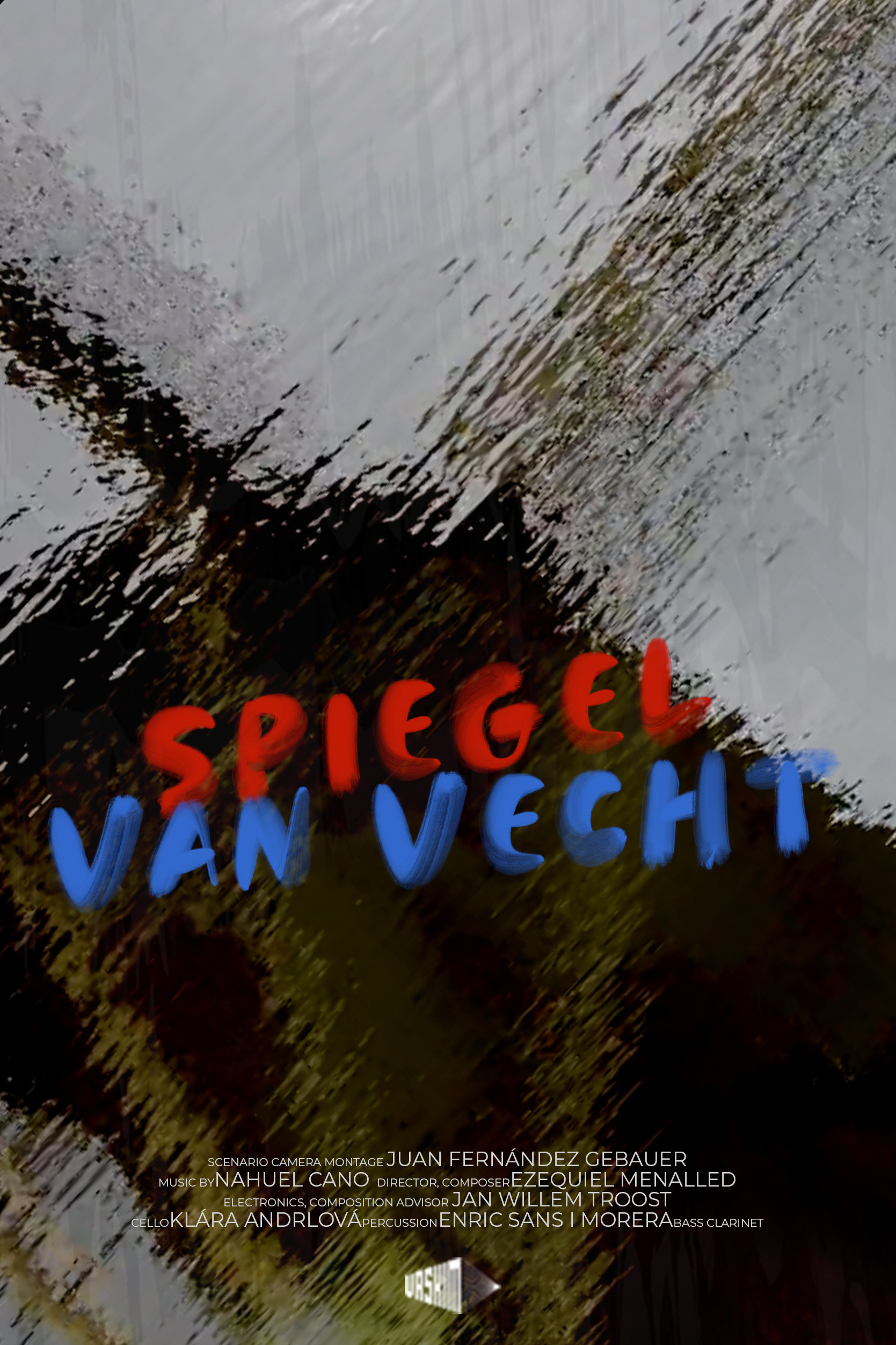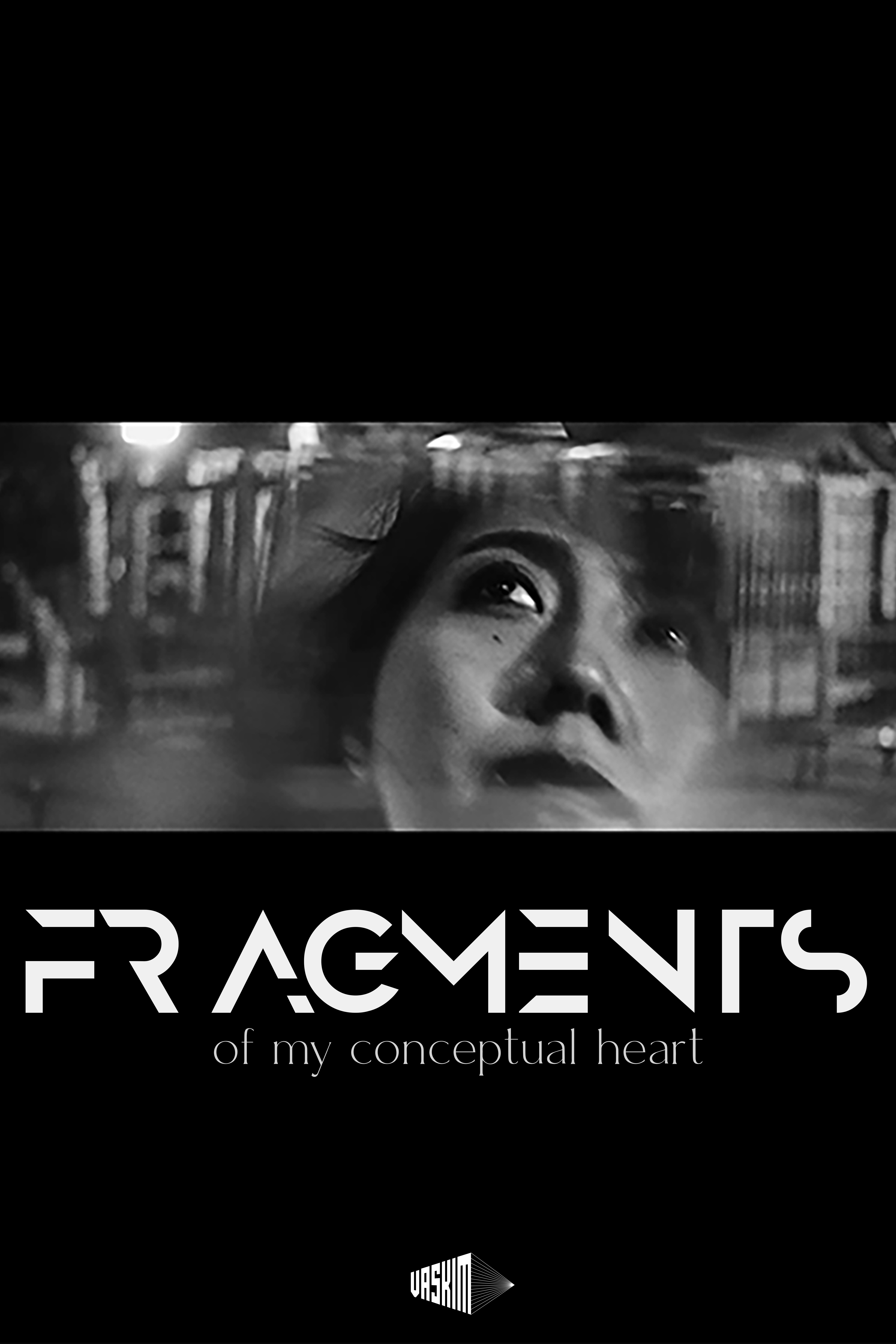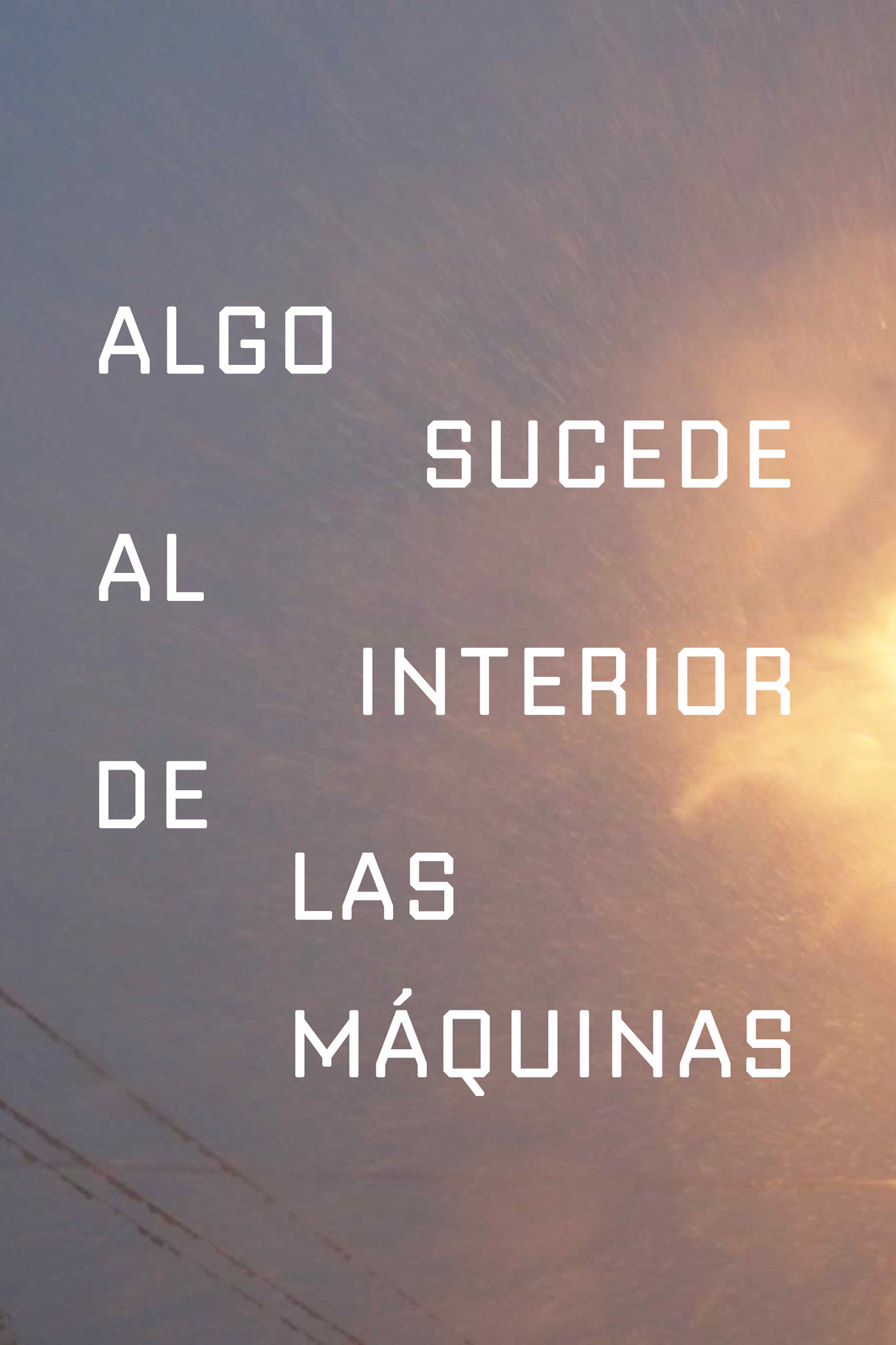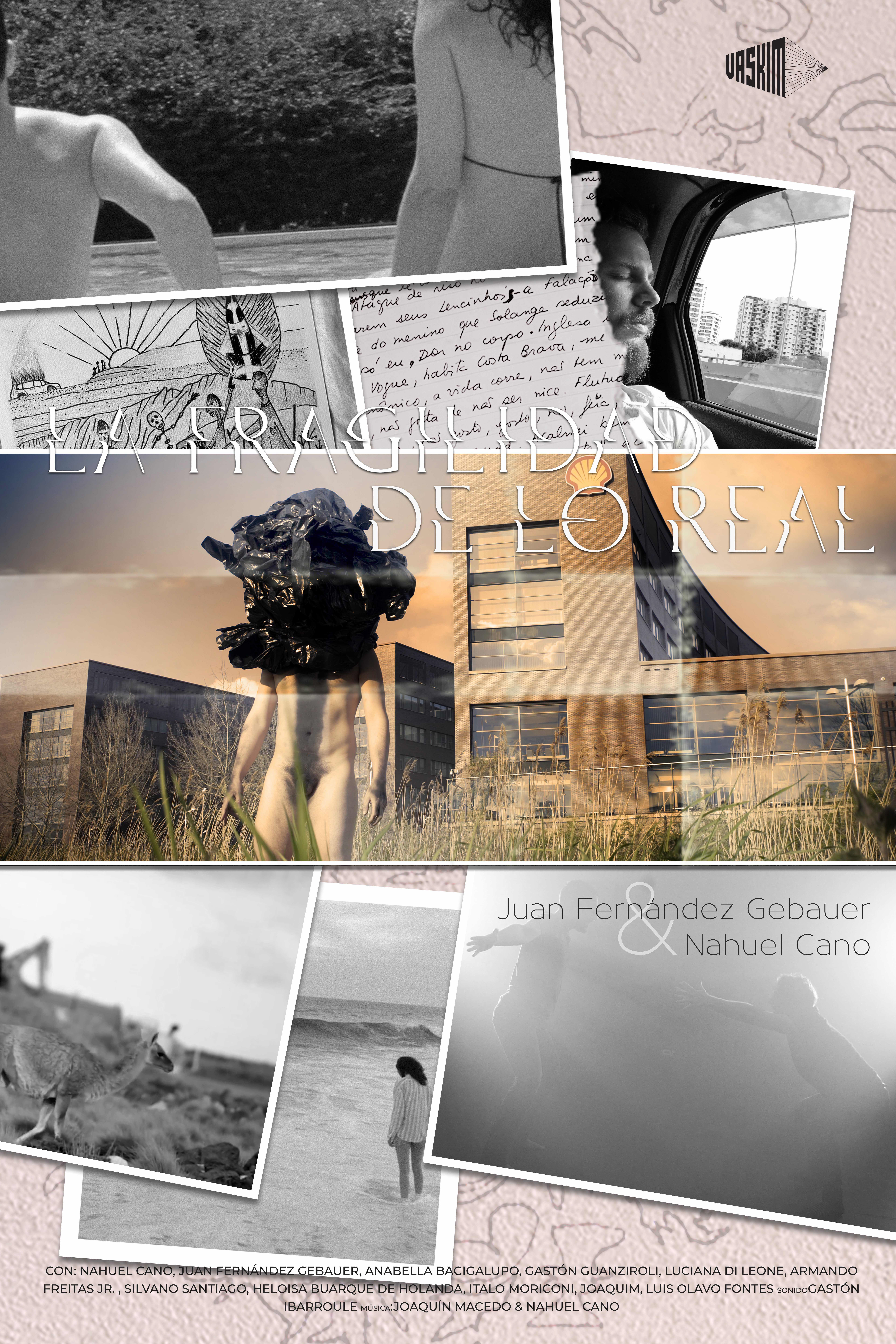Weak Thoughts: The story of Gianni Vattimo
Documental
90 to 120 min
Documental, Crimen, Filosofía
Política, LGBTIQ+, Racismo, Religión
ARG, IT, DE
90 to 120 min
Documental, Crimen, Filosofía
Política, LGBTIQ+, Racismo, Religión
ARG, IT, DE
Documentary
In Postproduction / 90-120 min
Philosophy, Crime, Politics
LGBTIQ+, Racism, Religion
In Postproduction / 90-120 min
Philosophy, Crime, Politics
LGBTIQ+, Racism, Religion
ARG, IT, DE
A sus 85 años, uno de los filósofos más influyentes del postmodernismo declara en un juicio, ante un jurado que determinará su capacidad intelectual. Su novio, 47 años más joven, con el que vive desde hace más de una década, está acusado de manipularlo y estafarlo por medio millón de euros. Él afirma que se trata de una maniobra racista y homófoba y de una violación de su derecho a decidir cómo y con quién pasar los últimos días de su vida.
At the age of 85, one of the most influential philosophers of postmodernism testifies in a trial, in front of a jury that will determine his intellectual capacity. His boyfriend, 47 years younger, with whom he has lived for more than a decade, is accused of manipulating and swindling him out of half a million euros. He claims that this is a racist and homophobic maneuver and an infringement of his right to decide how and
with whom to spend the last days of his life.
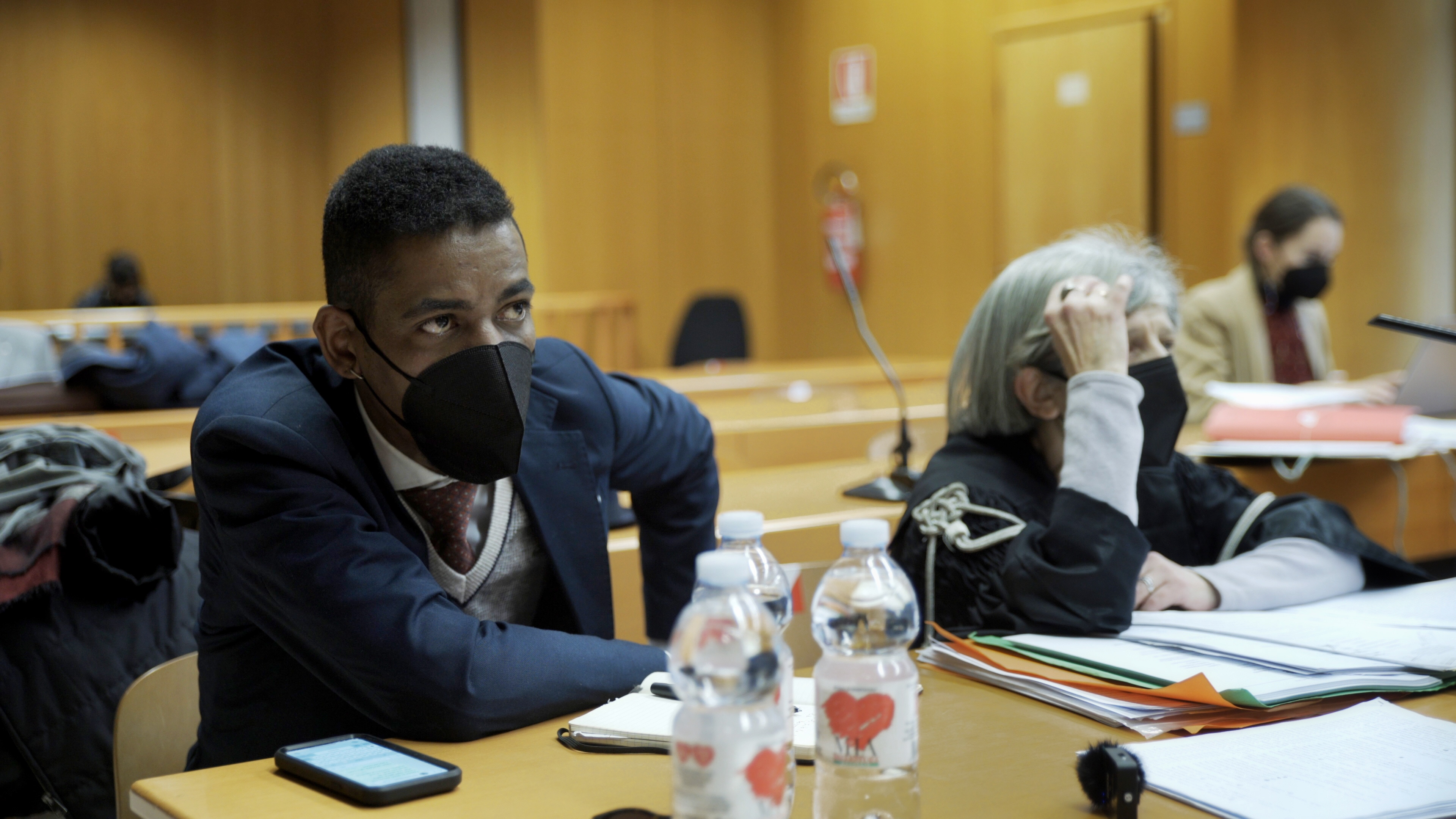
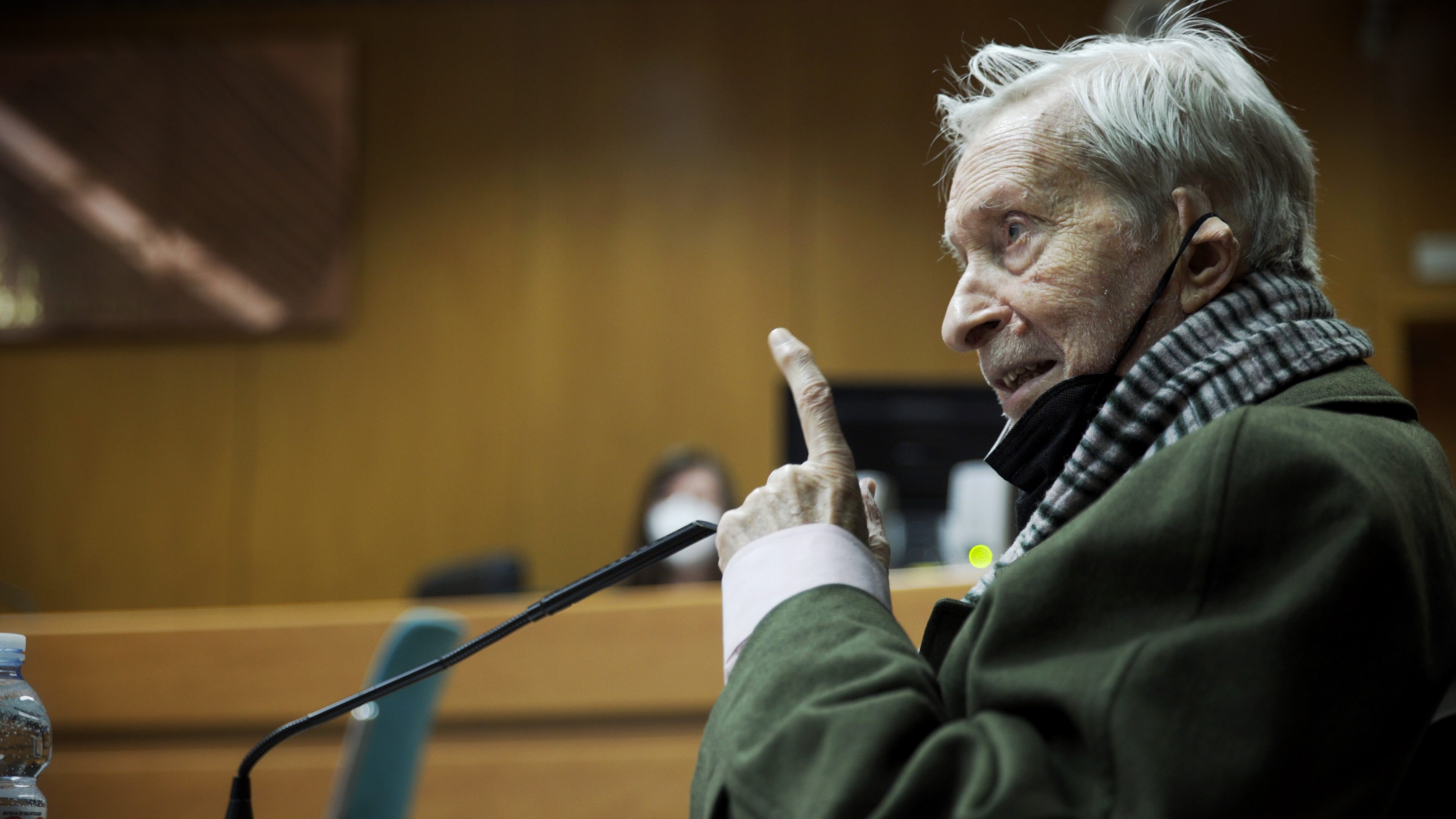

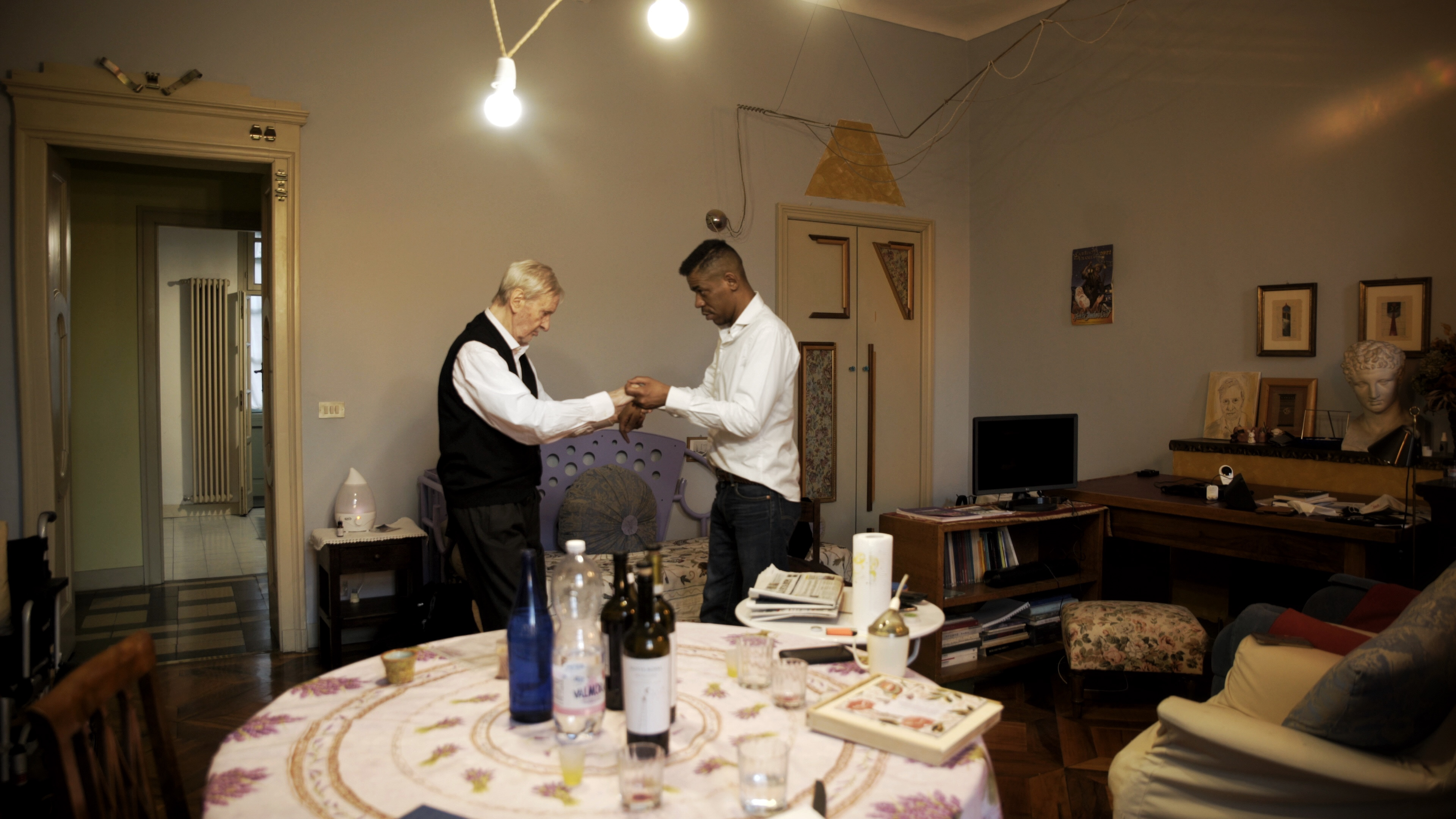
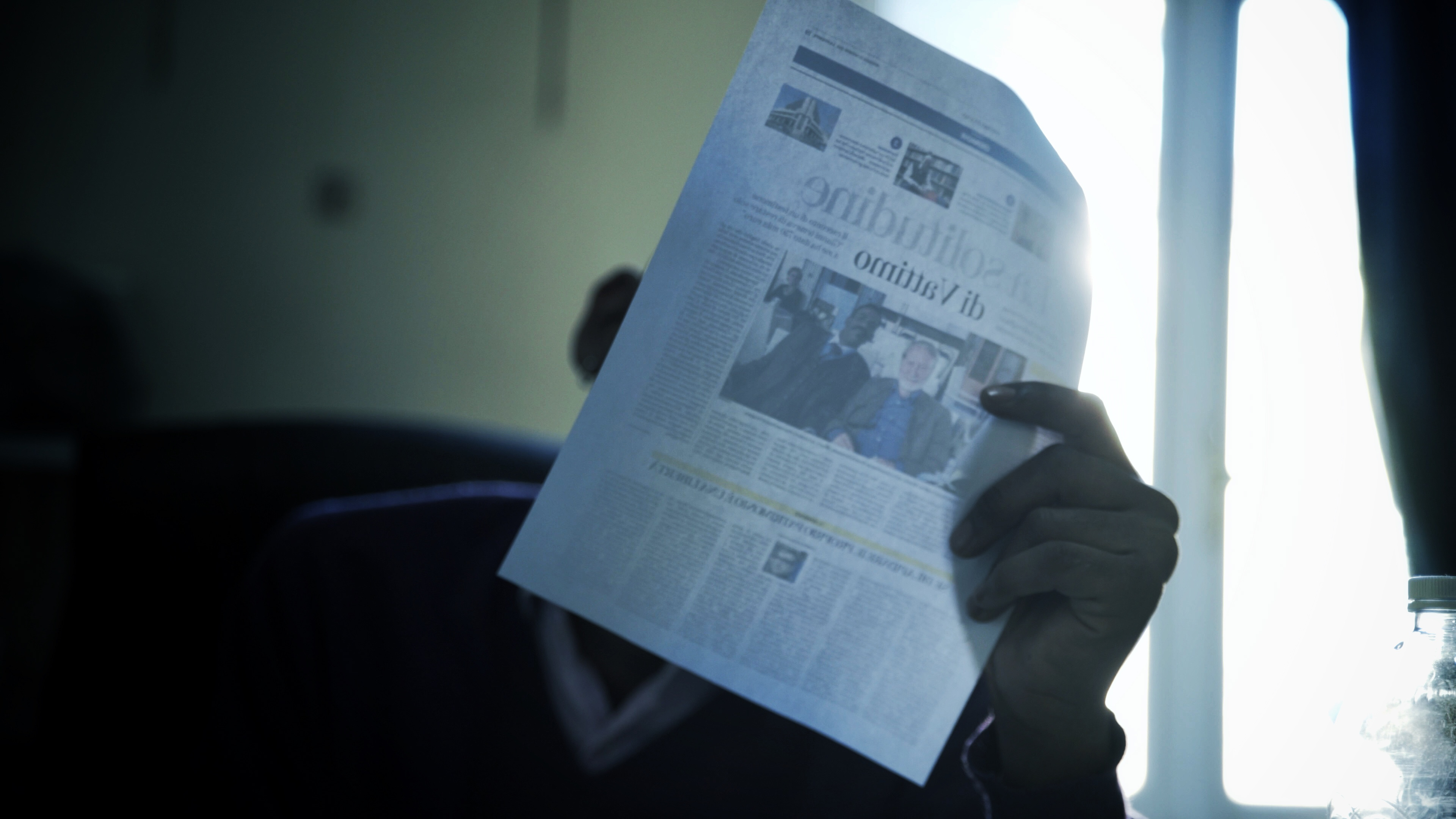
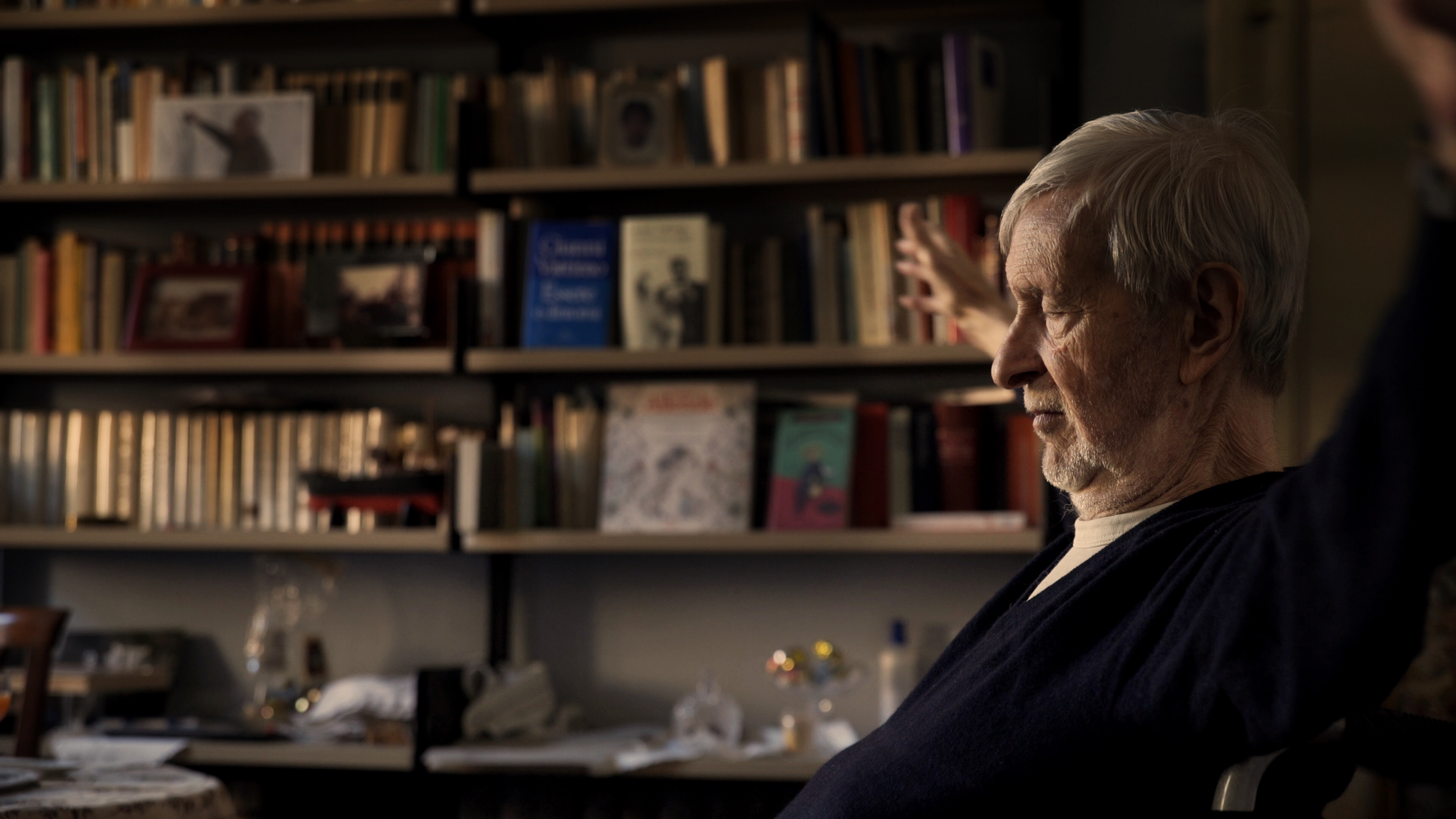
Gianni Vattimo, una figura renombrada en la filosofía posmoderna, es célebre por su teoría del "pensamiento débil" y una vida llena de contradicciones: cristiano, anarco-comunista y abiertamente gay. Su círculo incluía figuras como Gina Lollobrigida, el Papa Francisco y Umberto Eco, y su carrera política lo llevó al Parlamento Europeo. Ahora, a los 85 años, Vattimo lleva una vida tranquila con Simone Caminada, un hombre negro 47 años menor que él.
Su paz se ve interrumpida cuando Flavia Longo, una antigua amiga de Vattimo, acusa a Caminada de manipular y explotar financieramente al filósofo, alegando que le estafó €500,000. Esto desencadena una batalla legal que cuestiona la autonomía de Vattimo y pone a prueba la sinceridad de su relación, en medio de acusaciones de racismo y homofobia.
El juicio incluye opiniones de expertos y testimonios personales, con Vattimo afirmando su agencia intelectual, defendiendo sus decisiones mientras enfrenta percepciones de vulnerabilidad en la vejez. La película retrata de manera íntima el viaje filosófico de Vattimo y las complejidades de su vínculo con Simone, explorando temas de identidad, envejecimiento y el impacto duradero de su trabajo.
El cineasta acompaña a los protagonistas, proporcionando contexto sobre las dimensiones filosóficas y personales del caso. La narrativa también examina la cobertura sensacionalista de los medios y el clima político en Italia, donde el conservadurismo arroja una sombra sobre las percepciones públicas y los procedimientos legales. Mientras las voces conservadoras agravan los desafíos de Vattimo, la película cuestiona si sus decisiones están siendo injustamente escrutadas debido a prejuicios.
La historia culmina con el fallecimiento de Vattimo, subrayando el capítulo final de su vida y el impacto duradero de su filosofía en el discurso contemporáneo.
At 85 years old, a postmodern philosopher faces a trial over €500K allegedly swindled by his much younger boyfriend. The case sparks a legal battle intertwined with accusations of racism, homophobia, and his right to choose in his final years.
Gianni Vattimo stands as a renowned figure in postmodern philosophy, celebrated for his theory of "weak thought" and a life that embodies contradiction: Christian, anarcho-communist and gay. Surrounded by a diverse circle of influential figures in his past, like Gina Lollobrigida, Pope Francis, and Umberto Eco, he had a significant political career, including serving in the European Parliament. At 85, he now lives quietly with Simone Caminada, who is black and 47 years younger than him.
Their peaceful life is disrupted when Vattimo’s former friend Flavia Longo accuses Caminada of manipulation and financial exploitation, alleging he swindled €500,000 from the philosopher. This accusation triggers a legal battle that questions Vattimo's thinking autonomy and tests the sincerity of his relationship with Simone, amidst accusations of racism and homophobia.
As the court examines expert opinions and personal testimonies, Vattimo asserts his intellectual agency, defending his decisions while grappling with perceptions of his own vulnerability in old age. The film provides an intimate portrait of Vattimo's philosophical journey and the complexities of his relationship with Caminada, exploring themes of identity, aging, and the enduring impact of his philosophical work.
Throughout the trial, the filmmaker accompanies the protagonists, providing context on the philosophical and personal dimensions of the case. The narrative also delves into the media's sensationalized coverage and the political climate in Italy, where the rise of conservatism casts a shadow over public perceptions and legal proceedings. The scrutiny from conservative voices exacerbates Vattimo's challenges, raising questions about the intersection of personal life, philosophical legacy, and external pressures in the twilight of his career.
Ultimately, the narrative confronts the profound implications of Vattimo's life and legacy as he navigates the legal battle. It poses the question of whether his personal choices are being unfairly scrutinized due to prejudice. The film concludes with Vattimo's passing, underscoring the final chapter of his story and the lasting impact of his philosophical contributions in shaping contemporary discourse.

